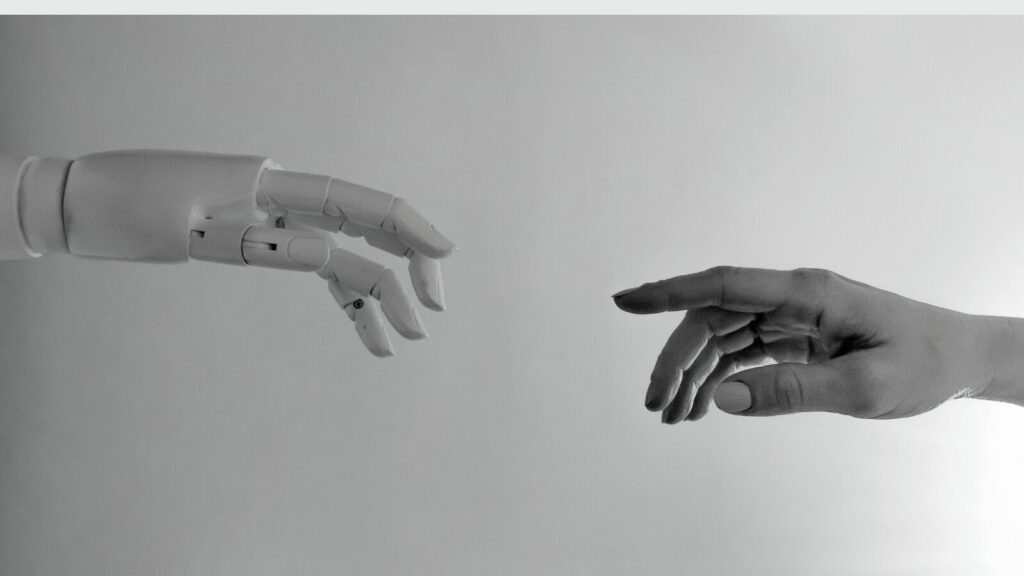
Tortured geniuses. Every small business has one.
May 16, 2015
I recently attended the Alexander McQueen Savage Beauty exhibition at the V&A in London. Even if you have no interest, or in my case the wallet, to purchase any couture or high end designer clothes, you could not fail to be in awe of the man’s extreme talent and unbelievable imagination. It did strike me though more than once when I was gazing at a structure for the head, aka a hat or an ethereal dress, how did this genius die alone hanging in a wardrobe in his home clearly having had enough? He had the world at his feet literally, surrounded by the world’s beauties, making pots of money for his employers, yet no one appeared to have any idea that the guy was in a state and about to take his own life. How can this happen? How can you spot the signs of stress, depression of mental health issues at work?
Spotting the signs of stress, depression or mental health issues at work
In my experience this is all too common unfortunately. Most of us either aren’t aware of the signs of stress, depression or mental health issues, or tip toe around them when we encounter them at work. It’s a hard thing to confront, but I firmly believe that employers can train their people to spot the signs and provide help. Shouting, explosions of tempers and crying are all sure fire signs all is not well, as is increased sickness absence, coming in hung-over, dilated eyes, unkempt appearance, dips in performance where previously there has not been any, rapid weight gain or loss, as well as firm denials when asked.
Clear policies are the route to a clear conscience
Now its not easy to tackle, or identify anything is wrong, but having an employee assistance scheme in place is a step forward Employee Assistance is otherwise known as EAP, which is basically a service employers can buy (usually from their Occupational Health provider like BUPA or HCA) where employees can ring a confidential helpline to discuss their problems and seek advice usually on divorce, debt, redundancy, depression, problems at work. Its totally confidential but can be very useful for some people. EAP doesn’t cost that much, and CrosseHR can help.
Even without EAP you can still make positive steps to supporting employees who are showing signs of stress, depression or mental health issues. Introduce a clear policy on how the organisation tackles stress (usually under Health & Safety policy or a separate policy), and have a nominated person or organisation that employees are made aware of as someone they go to initially if there is a problem – that might be someone internally such as Occupational Health, or external counselling services, the GP, or the Samaritans for example.
Whether you have an employee assistance scheme or simply an internal policy, make sure it’s well promoted, you foster a general atmosphere of openness, and promote good management practices – it’s amazing what regular 121’s between managers and their reports can reveal and not just about work. It all goes without saying that a ‘human HR person’ always helps and not one obsessed with the rule book! As a final note, the Mental Health Foundation itself calls for us to learn ‘mindfulness’ which is sound advice to any business. You can read more on that here.
Believe you me, and I have proof, if you spot a problem an employee is having, support them, offer them help and when they sort it out, you will have a loyal, dedicated employee for a very very long time, not to mention a clear conscience !


